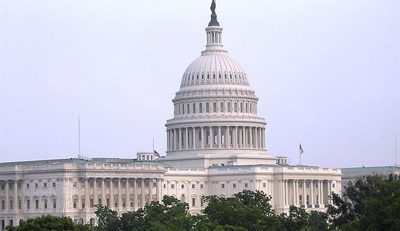Work Benefits after Retirement
Is an encore career right for you? Some federal employees continue to work after retiring from their government positions. It merely acts as a starting point for a new form of work.
Let’s analyze some of the advantages and possible downsides of starting an encore career.
You may be eligible to postpone payments from your Thrift Savings Plan account if you continue working after you retire from federal service. This will allow your account to grow or help you recover from recent stock market losses. To increase your pension pot of savings for next year, you can contribute to an IRA or a new employer’s 401(k).
The fact that you are not required to utilize all of your benefits at once is one of the primary advantages of the three-tiered Federal Employees Retirement System (government pension, TSP, and Social Security). Your financial stability in later years may be increased by postponing TSP withdrawals and increasing your retirement savings.
You can increase the average lifetime income amount on which your benefit is predicated by continuing to contribute to Social Security taxes. An additional year or more of Social Security-covered pay might reduce the effects of the Windfall Elimination Provision for people covered by the Civil Service Retirement System.
Having more money to spend on enjoyable activities while you’re not working is a bonus of employment after retirement. You can renovate your kitchen into a space that would delight any chef to cook, and you can save up the money from your second profession to purchase a new car that you previously couldn’t afford.
One mistake to prevent in a second profession is failing to comprehend that the extra income and the work will eventually stop. Ensure that the resources you have at that time are sufficient. Ensure that your extra income pays your debt, you can put emergency funds aside, your savings are increasing, etc.
If your second career entails rejoining the federal government as a rehired annuitant, there are specific conditions to be aware of. You may be eligible for a dual compensation waiver, enabling you to continue receiving your full retirement pension and a new federal payment. In other situations, your retirement benefit must be deducted from your new government wage to ensure that you only work for the difference between the two wages.
A retired federal judge’s secretary was later invited to work again as a reemployed annuitant. She was essentially volunteering for the same job she had been paid to accomplish after offsetting her wage. By serving as a reemployed annuitant for 18 months or longer, she could just have earned a supplement to her retirement pension; but, as she only stayed on until a replacement was found for her position, she received no reemployment benefits.
Although it’s not for everyone, having a second job can increase your financial security during your entire period of retirement. And this phase of life may emerge to be both profitable and rewarding.





